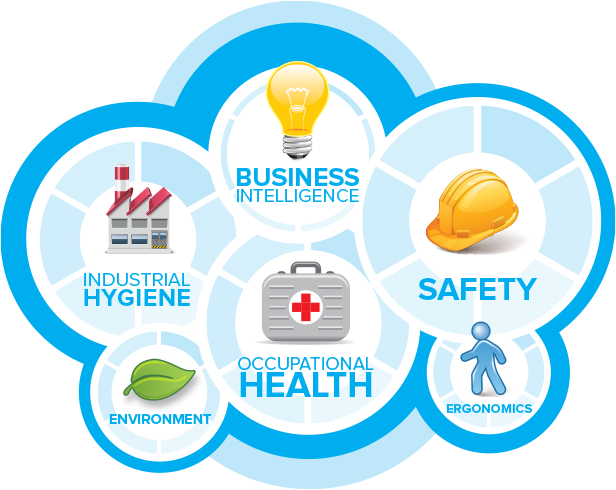

The profession of industrial hygiene uses strict and rigorous scientific methodology to determine the potential for hazard and exposures in the workplace. This course emphasizes the recognition, evaluation, and control of occupational health hazards. Topics include hazard recognition, health standards, air sampling, ventilation, noise exposure, and temperature stress. Upon completion, participants should be able to identify and quantify common occupational health hazards.
By the end of this course delegates will be able to:
Team Leaders, Managers, Line Managers, Supervisors, Team Leaders, Project Managers, Control Center Operators and Supervisors, Emergency Dispatchers, Security Personnel and CCTV Operators, HSE Officers, HSE Personnel, HSE Professionals, Emergency Response Team Members, HSE Managers and Auditors, Health & Safety and Environmental Professionals, Coordinators, Specialists and other full-time safety practitioners, Fire Officers, Loss Control Managers, Security Directors and Managers, Security Supervisors, Facilities Directors and Managers, HR and Administrative Managers with responsibility for security, Project Managers, Safety Inspectors, Plant Managers and Supervisors, Incident Control Point (Forward Control) Team Members, Supervisors, Advisors, Auditors, Laboratory Personnel, Emergency Personnel, Maintenance Personnel, Procurement and Supply Chain Managers, Engineers & Maintenance Personnel, Experienced and new auditors linked to the company’s HSE Management Systems, HSE-MS Personnel, Personnel involved in implementing the Company’s HSE-MS, Control Center Operators and Supervisors, Security Personnel and CCTV Operators
Toxicology Basics & Occupational Skin Diseases
Respiratory Hazards & Industrial Hygiene Evaluation & Air Monitoring
Control of Airborne Hazards: Ventilation & Respiratory Protection
Confined Space Standard & Occupational Noise Exposure
Temperature Stress
CDGA attendance certificate will be issued to all attendees completing minimum of 75% of the total course duration.
| Code | Date | Venue | Fees | Register |
|---|---|---|---|---|
| HSE157-02 | 04-05-2026 | Kuala-Lumpur | USD 5950 | |
| HSE157-03 | 23-08-2026 | Dubai | USD 5450 | |
| HSE157-04 | 08-11-2026 | Doha | USD 5450 |

Occupational Risk Management is a modern fast moving subject. It covers all aspects of risk associated with the worker, the work environment and its effects on health. There are many interfaces with o ...
Industrial hygiene can be defined as the art and science devoted to the anticipation, recognition, evaluation, communication and control of environmental stressors in the work place that may result in ...

Occupational Risk Management is a modern fast moving subject. It covers all aspects of risk associated with the worker, the work environment and its effects on health. There are many interfaces with o ...
Providing services with a high quality that are satisfying the requirements
Appling the specifications and legalizations to ensure the quality of service.
Best utilization of resources for continually improving the business activities.
CDGA keen to selects highly technical instructors based on professional field experience
Since CDGA was established, it considered a training partner for world class oil & gas institution
3012, Block 3, 30 Euro Business Park, Little Island, Co. Cork, T45 V220, Ireland
Mon to Fri 09:00 AM to 06:00 PM
Contact Us anytime!
Request Info